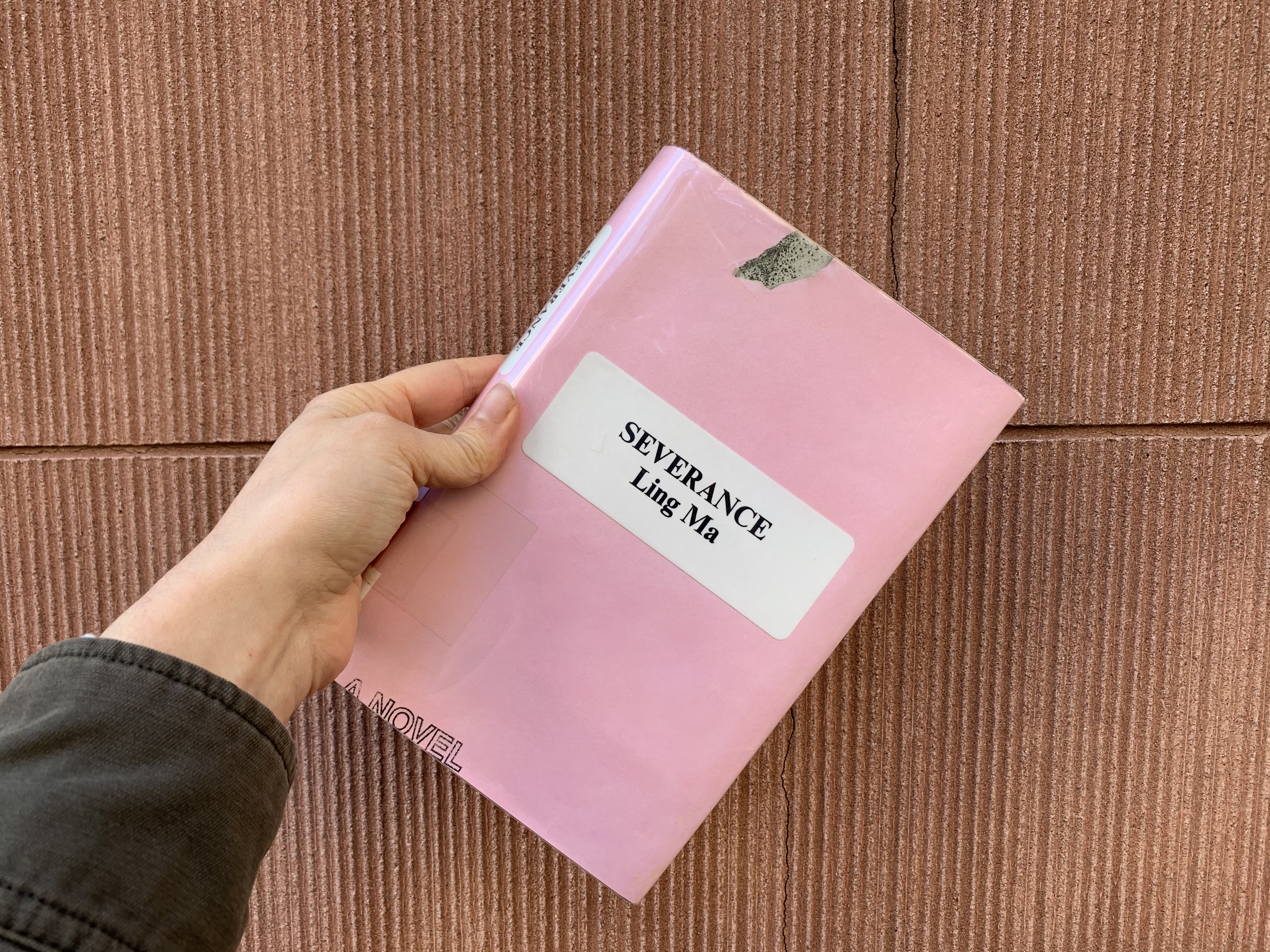Right after Donald Trump was elected in 2016, the waiting lists for 1984, Brave New World, and The Handmaid’s Tale at my local library skyrocketed. The hunger for dystopian fiction, for invented worlds that so closely – and frighteningly – mimicked our own seemed like a balm for our pain, the sort of grotesque pleasure one gets at rubbernecking a traffic accident on the freeway.
In a similar way, Severance, a story of a mysterious epidemic that begins in China and slowly but surely wends its way throughout the world is… alarmingly familiar. Not in the least because it was written in 2018.
Of course, the differences between our current reality and the imagined one of author Ling Ma are palpable: The Chen virus is fungal; Coronavirus is viral. The Chen virus isn’t contagious; Coronavirus (um.) very much is. The Chen virus isn’t deadly, per se… and actually, depending on how you look at it, neither is the Coronavirus. (COVID very much is.)
At the end of the day, however, while the epidemic elements of fiction and reality converge, the story of Severance is less about the waiting game we’re all feeling so palpably these days and more about how rote our modern lives have become. It’s about the repetition of purposeless patterns and the deep solitude this sort of living can create. And in a time when our patterns have been blown to smithereens, it’s interesting to explore a sort of doomsday approach to the banality of our former normal.
This is far from a perfect book. For me, the ending, in particular, left me feeling deeply unsatisfied, and the main character often lacks agency in a way that only occasionally serves the story and its greater themes. It is, however, incredibly readable and a wholly novel approach to science fiction for the modern era.
